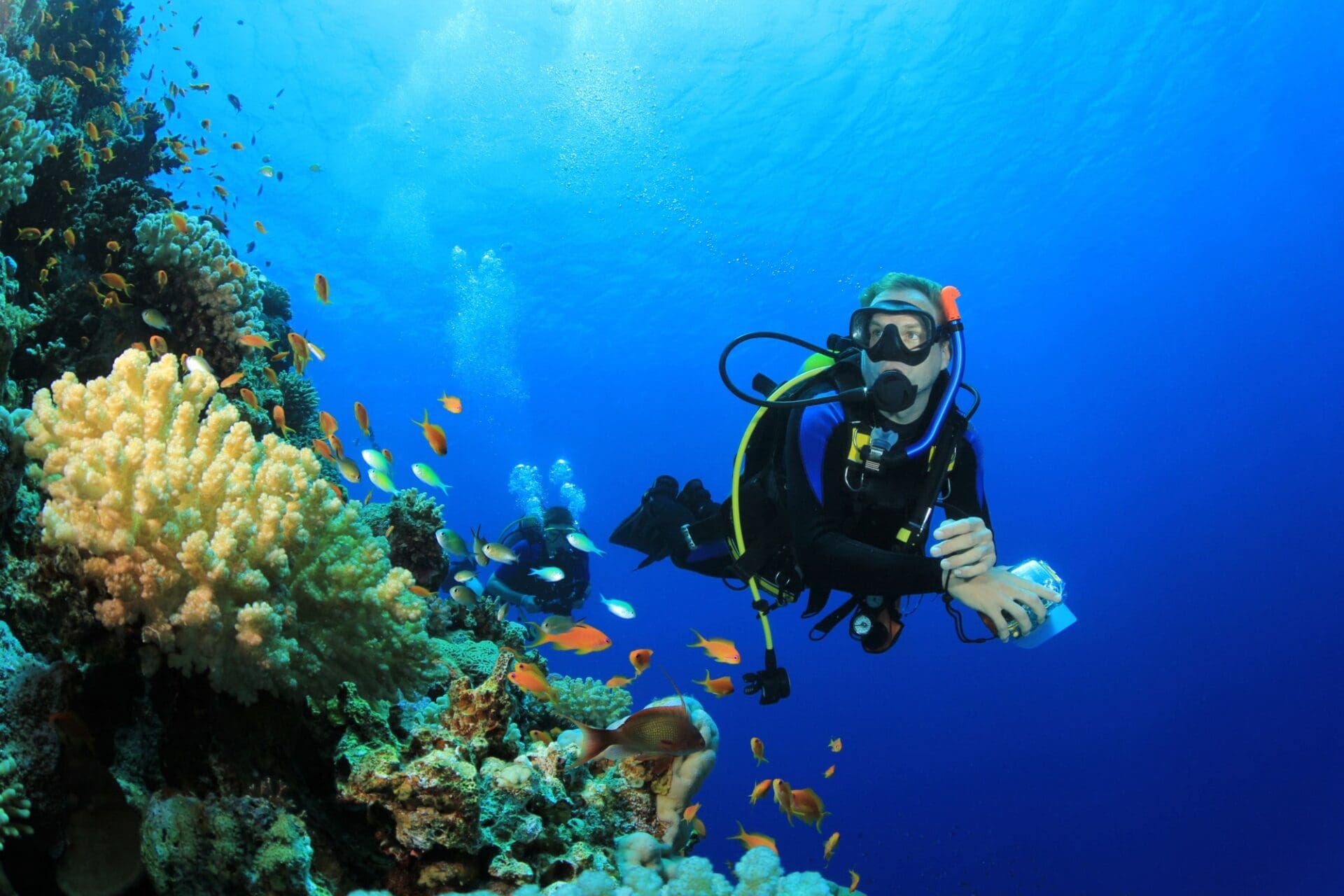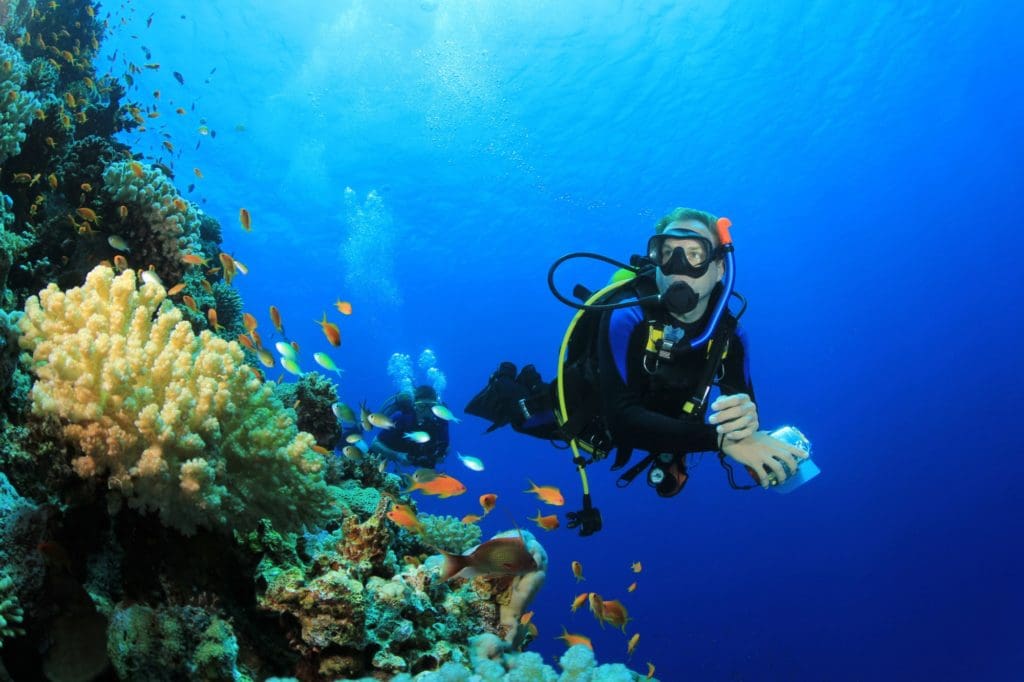5 Essential Tips Every Scuba Diver Should Know

Essential Scuba Tips Every Diver Should Know
Before going scuba diving on your next vacation make sure you’re prepared. Keep reading for 5 essential things every scuba diver should know.

Scuba diving is a fun activity, but it does come with its share of potential safety issues.
This is the main reason why dive briefings are so important. These briefings help you prepare for emergencies and teach you how to avoid them. With enough preparation, we can avoid almost all diving accidents and mishaps.
According to recent DAN diving reports, most scuba divers take these lessons to heart. Want to refresh your memory before your next adventure? Here are 5 important things every scuba diver should know.
Don’t Hold Your Breath
When diving, the air in your lungs contracts during descent and expands during ascent. If you’re holding your breath during a dive, you’re sealing off your lungs. This can lead to pulmonary barotrauma and even death.
Avoiding this issue is easy enough: keep breathing at all times. Do it slowly and deeply, as that helps you optimize your time underwater. This also allows the excess air in your lungs to escape, keeping them safe.
Plan out Your Dive
If you’re going scuba diving, you’ll need a proper plan. This includes being aware of emergencies and lost diver procedures, which aren’t universal. Also, make sure you’re equipped for getting back to your exit point.
No matter who you’re diving with, establish a few basic rules. For example, it’s important to agree on time and depth limits before submerging. You should also go over the hand signals you’re planning to use.
Practice Vital Skills
Being able to perform vital skills in a capable manner can make all the difference in the world. They include conducting a CESA, using alternate air sources, and disconnecting a pressure inflator hose.
Preventative skills are also important to diving safety. Every scuba diver should be familiar with mask clearing and buoyancy control. Refresh your skill set on a frequent basis, as that will give you confidence in tough situations.
Check Your Gear
As you may know, most equipment-related accidents occur due to divers’ errors. Before going underwater, familiarize yourself with your gear. Make sure you know how to deploy your DSMB and release your integrated weights.
Of course, you’ll also need to choose the right wetsuit. Depending on where you’re diving, you may opt for thinner or thicker suits. Fortunately, wetsuit prices are not particularly steep these days.
Maintain a Safe Ascent Rate
When it comes to key scuba diving basics, safe ascents are up there with continuous breathing. Exceeding a safe ascent rate may cause bubbles to form in your bloodstream. This can cause decompression sickness and other issues.
The accepted safe ascent rate is 30 feet per minute. If you’re diving with a computer, it will warn you whenever you go over the limit. If not, ascend no faster than your smallest bubble.
More Things Every Scuba Diver Should Know
One last thing to remember is that diving should be fun. To keep it that way, it’s important to understand your physical and mental limits. Many dives involve specific training, so keep your qualification level in mind.
Interested in even more things every scuba diver should know? On the lookout for those perfect once-in-a-lifetime diving opportunities? Check out our “Adventure Vacations” section!




